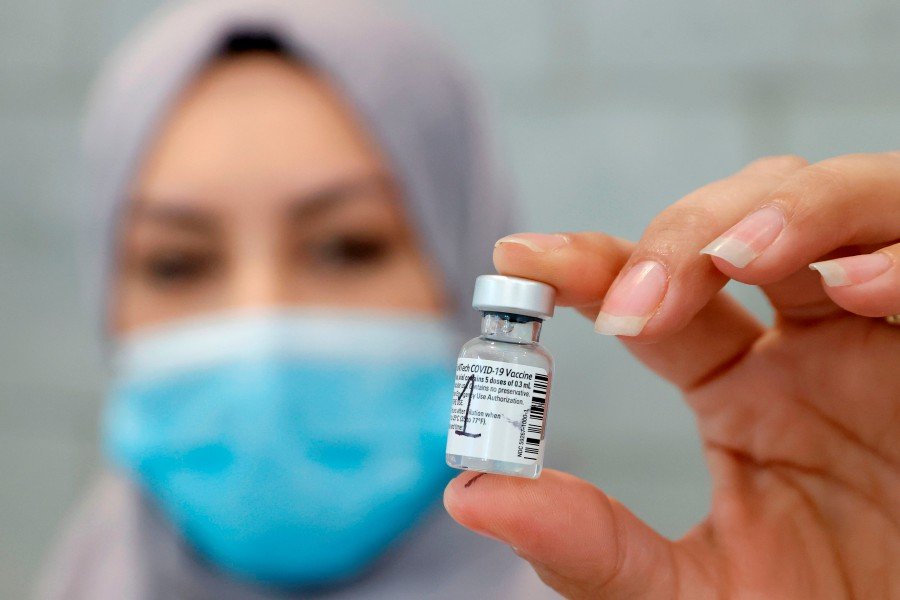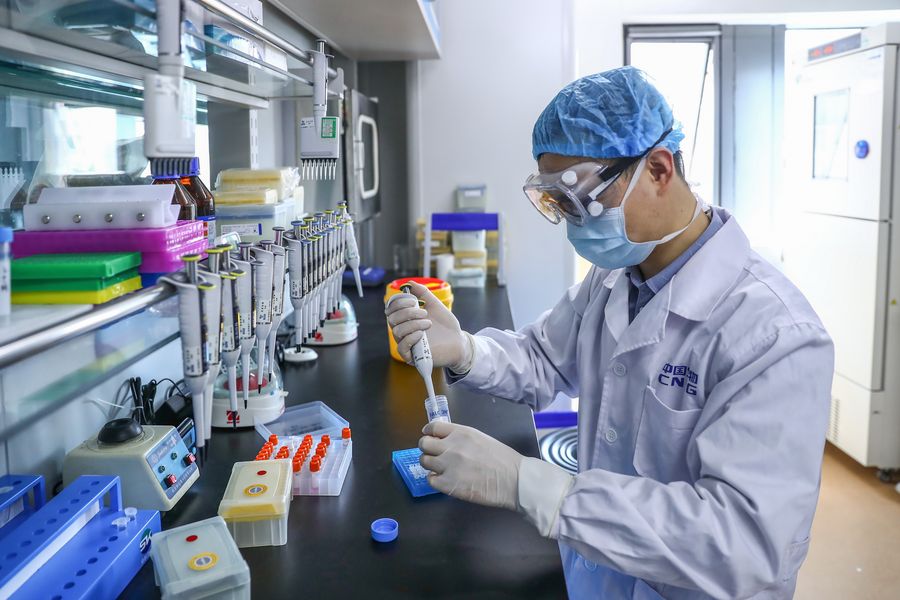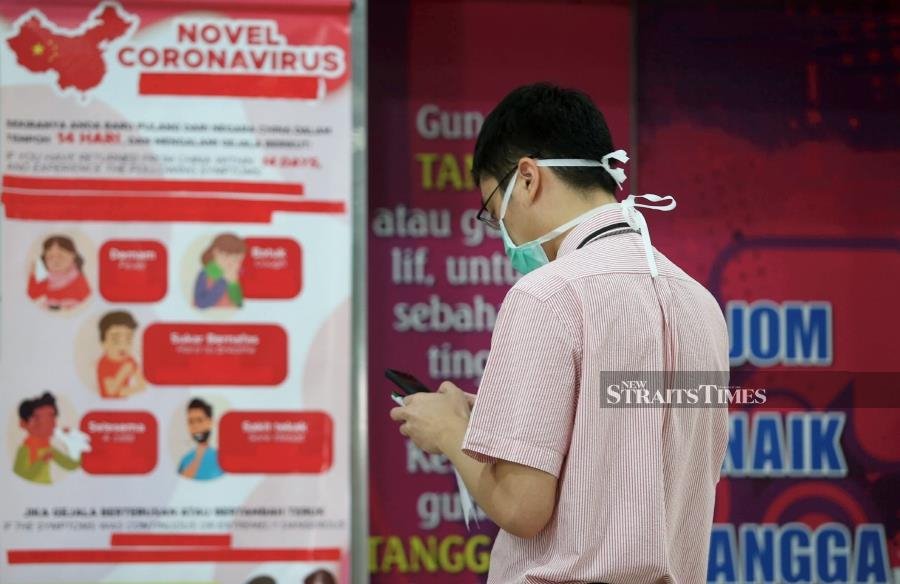Are The COVID-19 Vaccines Safe? We Asked A Doctor To Explain How They Were Made So Fast
How were the COVID-19 vaccines made in less than a year?
With the COVID-19 vaccines soon reaching our shores, we asked a doctor common questions we had about them:
1. The COVID-19 vaccines were made in less than a year. How were they made so fast when other vaccines take years to develop?
Dr Khoo Yoong Khean, a healthcare administrator working in Singapore and the managing editor of The Malaysian Medical Gazette, told SAYS that while it is conventionally true that vaccines do take a long time to develop, it doesn't mean the COVID-19 vaccines were rushed.
"Rather, the process was expedited," Dr Khoo said.
He told us that unnecessary waiting time for typical funding, bureaucracy, and paperwork in the development of the vaccines were cut down in view of the worldwide threat and emergency.
"Typically, this process is a long and tedious affair of scientists and companies writing grants back and forth to justify the millions needed in the development of a vaccine," he said.
"But with the impact COVID-19 made globally, funding was much easier and there were immediate funds given by foundations and governments, such as the Bill Gates Foundation and the US government grant for Operation Warp Speed."
He said getting volunteers for clinical trials was also much easier given the virulence of COVID-19. For example, the Pfizer-BioNTech trials had over 40,000 participants, Moderna over 30,000, and Oxford-AstraZeneca over 20,000 people.
Furthermore, Dr Khoo said the virus that causes COVID-19, SARS-CoV-2, is similar to the other coronaviruses that caused the previous Severe Acute Respiratory Syndrome (SARS) and Middle East Respiratory Syndrome (MERS) outbreaks.
He said research for the COVID-19 vaccines did not start from scratch, but was based on work that had already begun years ago.
2. It is said that the mRNA vaccines are the first of its kind to be approved. Why are scientists trying new technology now? Is it safe?
As he had mentioned earlier, while the mRNA vaccines are the first of its kind to enter the market, Dr Khoo said work on mRNA technology had already started many years ago.
"Even as early as the 1990s, it was already a concept known and tested in labs. Scientists made further strides in the early 2000s to make them stable for human hosts cells and eventually we have the technology and knowledge to make it a working vaccine today," he told us.
"Breakthroughs in science is rarely an overnight process, mRNA-based vaccines are the result of years of hard work. It has only more attention now after Pfizer and Moderna released theirs."
As for safety, Dr Khoo said the data from the trials have so far been promising, but that is not to say there will not be any issues in the future.
However, he said it is important to objectively scrutinise the information we have, especially as more new data becomes available, and to keep weighing the risks and benefits of the vaccines against the COVID-19 disease.
3. Will the COVID-19 vaccines end the pandemic?
"In theory, yes," Dr Khoo answered, "If we have a safe, efficient vaccine that can easily be administered to a sizeable population of the world, we can end the pandemic."
However, he said it is always easier said than done and getting people around the world to openly accept the vaccines has been an issue.
"But I think it is a worthwhile endeavour. Mankind hasn't been tested like this in modern times. It is essentially a war. The disease has essentially exposed every flaw in our society, not just biologically, but socio-economically and politically. Nothing has been spared," he said.
"It will do well for the world if everyone, or at least most of everyone, gets vaccinated."
4. There have been rumours surrounding these vaccines, ranging from microchips to aborted foetuses. What is your advice to combat these conspiracy theories and false claims?
Dr Khoo said he was not sure if it was possible to change a person's mind if they already believed such things, but in general, he advised everyone to be responsible and to read widely and thoroughly.
"Don't depend on one source of information, be it a news article or your neighbour," he said.
"Even if the source looks credible, always check the facts with data and scientific journals or articles, both current and historical. The more information you gather, the more informed your decision will be."
"And don't be afraid to change your opinion," he reassured, "The beauty of science is that new evidence and new theories are constantly emerging to challenge our knowledge. Changing your mind isn't weakness, instead it shows you have a good understanding of science."
5. Lastly, since you have debunked our worries about the COVID-19 vaccines, what would you actually worry about?
Dr Khoo answered safety, long term efficacy, and proper distribution of the vaccines to protect enough people would be his concerns.
"Safety is a concern but I think public regulators are well-equipped to digest the data to see if it is safe for public use," he said, and also admitted that researchers, too, still do not know how long immunity will last after people receive the vaccines.
Furthermore, as some of the vaccines have two-dose schedules to work above 90% efficacy, he said logistics and distribution may prove an issue and some people might miss their second dose, which would still leave them at risk for COVID-19.
"There will definitely be issues along the way, given that we only have trial data so far and there are so many questions left to be answered. However, with constant vigilance and more data getting collected day by day, the more we will know."
Remember to limit your movement and wash your hands often. Watch the latest update on the COVID-19 situation:





